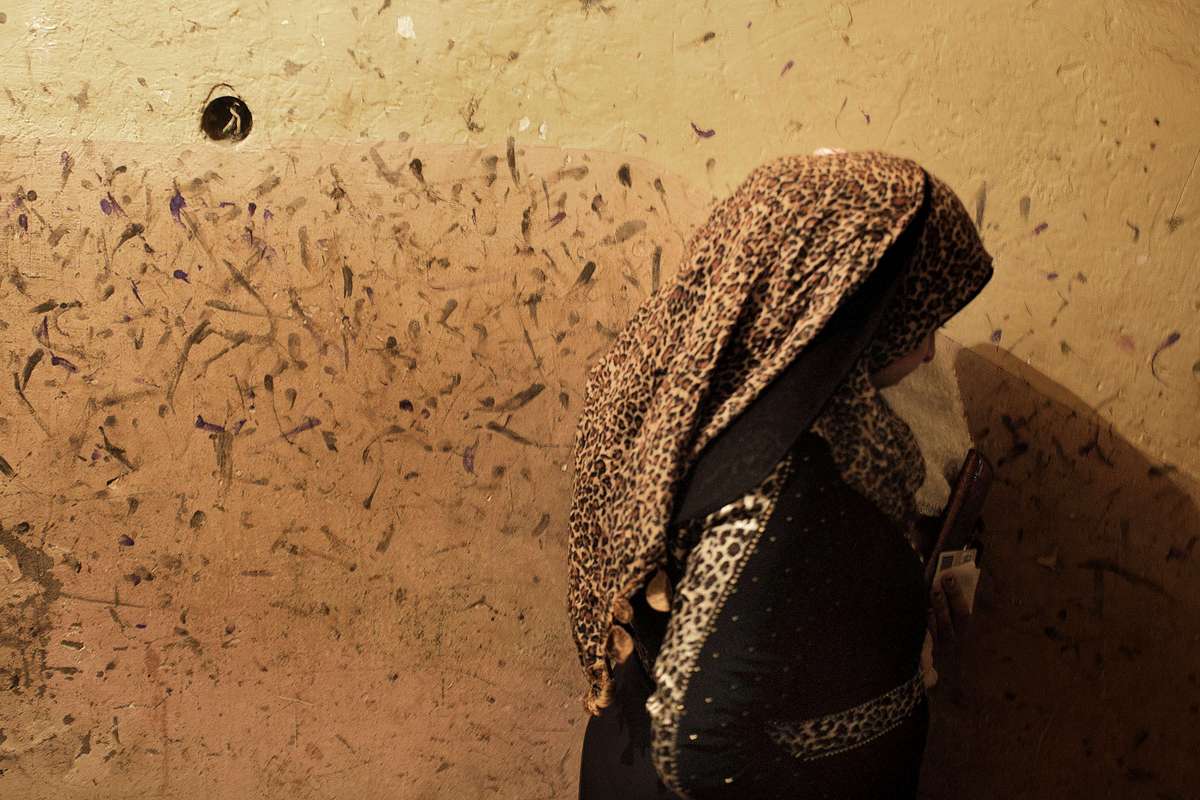For the past few years, Egyptian audiences were met with floods of TV series in the hot season of Ramadan. Each year during the holy month, tens of drama shows compete throughout the month to present different angles of Egyptian society. However, they sometimes come in shocking forms, where the shows are filled with vulgarity, violence, and sexual content. With the aim of preventing that in the upcoming season, Makram Mohammed Ahmed, the head of the Supreme Council for Media Regulations, stated on Tuesday that the committee responsible for drama shows has set new regulations for the series, and any rule broken will cost the programme a EGP 250,000 fine.
The statement came in a meeting of the council’s culture and media committee, which is responsible for setting regulations for TV programmes.
“We are not a fascist committee; our goal is just to go back to our values. We are not fascists and we do not tie people’s freedom,” Ahmed said, according to local media outlets.
In the meeting, Ahmed explained the reasons behind the committee’s insistence on adding strict regulations on this year’s series, saying it is no longer acceptable to have programmes with “ill-mannered words” or “violence.”
Ahmed added that a EGP 250,000 fine is going to be issued for “every obscene word” uttered on a series.
The regulations list is set to be reviewed by parliament.
“We hope that parliament accepts all [of the] regulations since they are all professional. Everyone wants to take absolute freedom and [currently] there are no regulations to control the series,” Ahmed said, according to private media outlet Al-Shorouk.
The decision came after many dramas centred around violent and sexual scenes over the past several years, despite their makers’ claims that they just present reality and the truth of what is happening in society.
In one of last year’s series, “El-Herbaya”, which starred Haifa Wehbe, one of her scenes caused a stir of criticism as she was asking for an artificial hymen in a pharmacy because she was getting married and had to appear as a virgin. The series was accused of crossing the social limits of “conservative Egyptian society”. The series was flagged by the Supreme Council for Media Regulations as “virtually not having one scene without sexually-related content.”
Ahmed also asserted in the meeting that the entirety of series must be complete by mid-Ramadan in order to give the committee enough time to review them carefully.
“We lived eight years of total mess where there were no boundaries, values, or commitment to anything, and everyone did what they wanted,” he added.
He also added that the censorship authority does not want to have any control over the content of the programmes or plots, leaving the freedom of writing them with their owners, stressing that the control only applies to violence, exotic scenes, and obscenity.
Last year, the Supreme Council for Media Regulations issued its Ramadan report stating that the domination of violence, sexual insults, and cursing had been used in these programmes to grab the attention of as many people as possible. Beating the competition, regardless of the inappropriate content, had become the number one priority for Egyptian TV series for years.
The report described the promotion of sexual content by various series as “a never previously screened amount of effrontery, abruptness, and insulting content,”
Advertisements were also included in the discussed topics. Ahmed added that channels are allowed to have only three ad breaks per episode. This comes responding to social claims that popular TV channels interrupt TV programmes for excessively long breaks that sometime are as long as the screened episodes.




